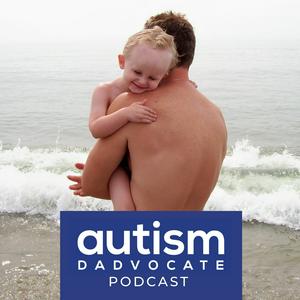What happens when families procrastinate planning for their autistic child's future? In this episode, Paul sits down with Michael Pereira, founder of The Autism Voyage® and father of a neurodivergent child, to uncover the hidden risks families face when they delay essential steps in planning for their child's future.
Too often, parents focus on surviving today's demands, therapies, school meetings, and daily care, without realizing how unprotected their family may be if something happens tomorrow.
Together, Paul and Michael discuss why true planning isn't just about the child's future, it's also about protecting the well-being of parents and siblings. From common insurance blind spots to the emotional weight of procrastination, this conversation offers clarity, practical awareness, and encouragement for families who want to avoid painful mistakes and build confidence for the road ahead.


